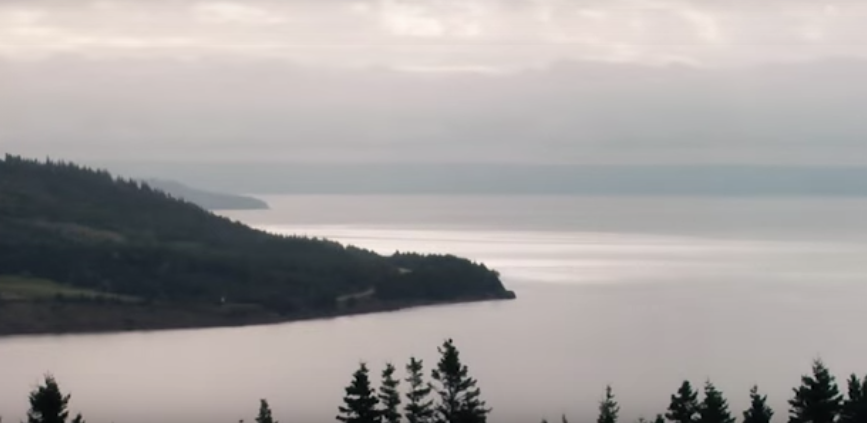
Nova Scotia First Nation community partners with Cooke Aquaculture
August 13, 2019
By
Mari-Len De Guzman
 The shores of Bras d’Or Lake in the heart of Cape Breton Island, Nova Scotia, has been home to the We’koqma’q First Nation for more than 13,500 years.
The shores of Bras d’Or Lake in the heart of Cape Breton Island, Nova Scotia, has been home to the We’koqma’q First Nation for more than 13,500 years. The We’koqma’q First Nation in Nova Scotia has teamed up with New Brunswick-based Cooke Aquaculture to sell and market the First Nation community’s farmed steelhead trout (Oncorhynchus mykiss).
The We’koqma’q First Nation has been farming the fish on the shores of Bras d’Or Lakes in Cape Breton, Nova Scotia, employing more than 50 community members in its aquaculture business.
“Our people have lived and flourished on the shores of the Bras d’Or Lakes for over 13,500 years, sustainably living and producing food in and around the Lakes for generations,” said We’koqma’q First Nation Chief Rod Googoo in a statement. “The Cooke family business shares our belief that aquaculture can be developed in a manner that protects and preserves the environment for future generations,”
Googoo added his community believes the partnership with Cooke Aquaculture will help further develop their Bras d’Or Lakes steelhead trout into a “recognized brand, enhancing our economy and creating opportunities for our community.”
“We’koqma’q First Nation has shown leadership among First Nations in its approach to commercial fishing, and we look forward to sharing our best practices to further support We’koqma’q in becoming a leader in aquaculture fish farming development,” said Glenn Cooke, CEO of Cooke Aquaculture Inc. “We’re looking forward to a collaborative and productive relationship that will bring this world-class steelhead trout product to consumers.”
We’koqma’q First Nation, an historic Mi’kmaq community, is nestled along the shores of the world-famous Bras d’Or Lakes. Aquatic life is plentiful in the inland sea and the area is home to many successful fishing enterprises. We’koqma’q First Nation employs over 35 community members in the commercial fishery and over 50 community members in the aquaculture business. Several individuals work in the guardian program helping the community access its rights under the Food, Social, and Ceremonial agreements.





